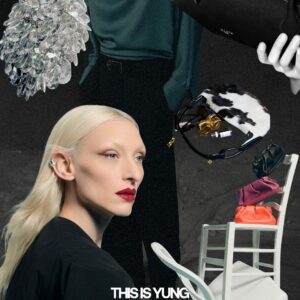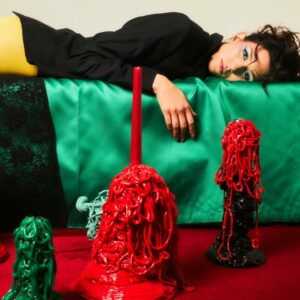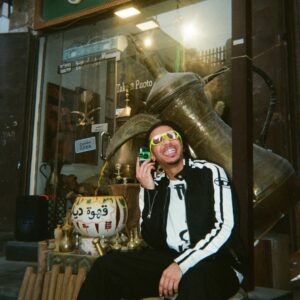In the constantly shifting world of influencer marketing, a new type of creator is quietly becoming the darling of brands: the one who still has a “normal” job. Not purely “influencer” as occupation, but someone who works, creates, practices their craft, and shares it, all while cultivating a following. Believe it or not, brands are liking this. Here’s why, and how you might lean into it (because yes, you can).
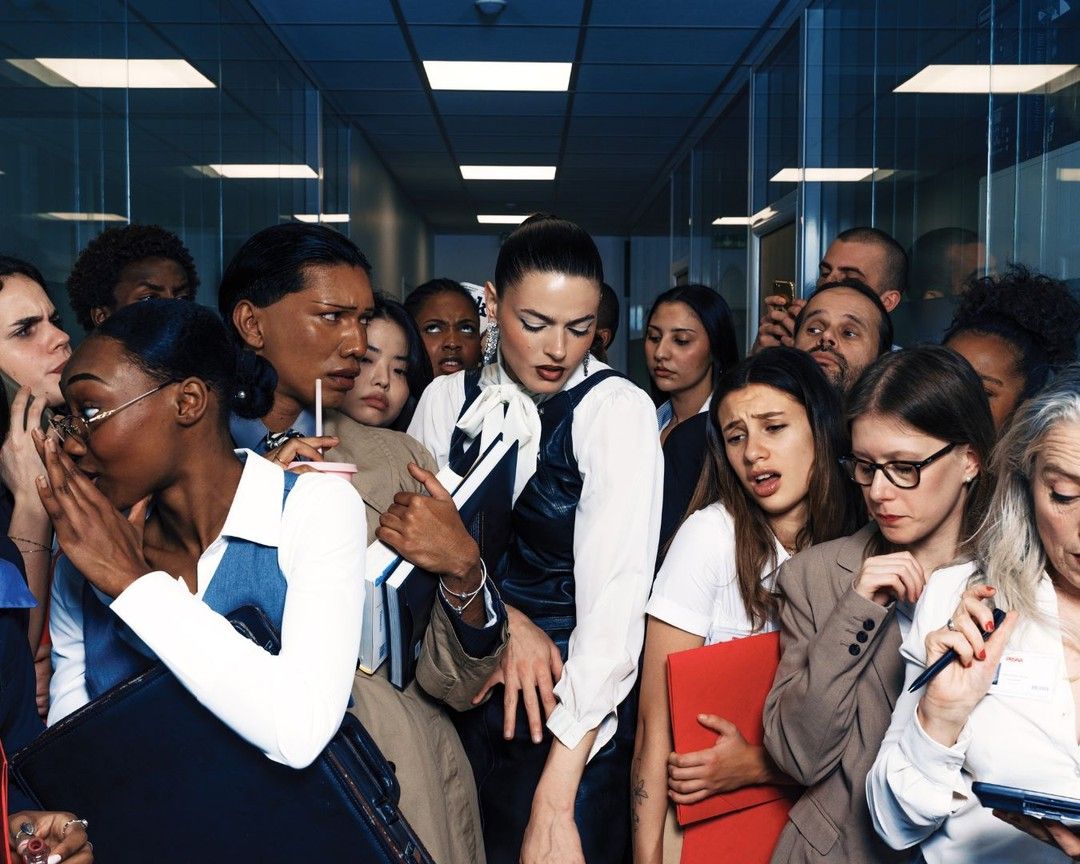
Authenticity = Currency
Brands have woken up to a simple truth: the most visible influencers aren’t always the most trusted. An article from Business of Fashion notes that “influencers who gained online fame for offline pursuits are rapidly earning brand attention.”
Why? Because someone with a day-job brings a built-in identity, credibility and context. A stylist, a chef, an architect, a curator – when they mention a product, it feels like a peer recommendation, not a pure paid plug. The “day-job” signals: “I have boundaries, I have real life, I’m not doing this for just the money.” That matters.
Also: the content feels less polished-to-algorithm and more grounded. The Business of Fashion piece puts it well: these “offline-first” creators tend to be more engaged with their followers.
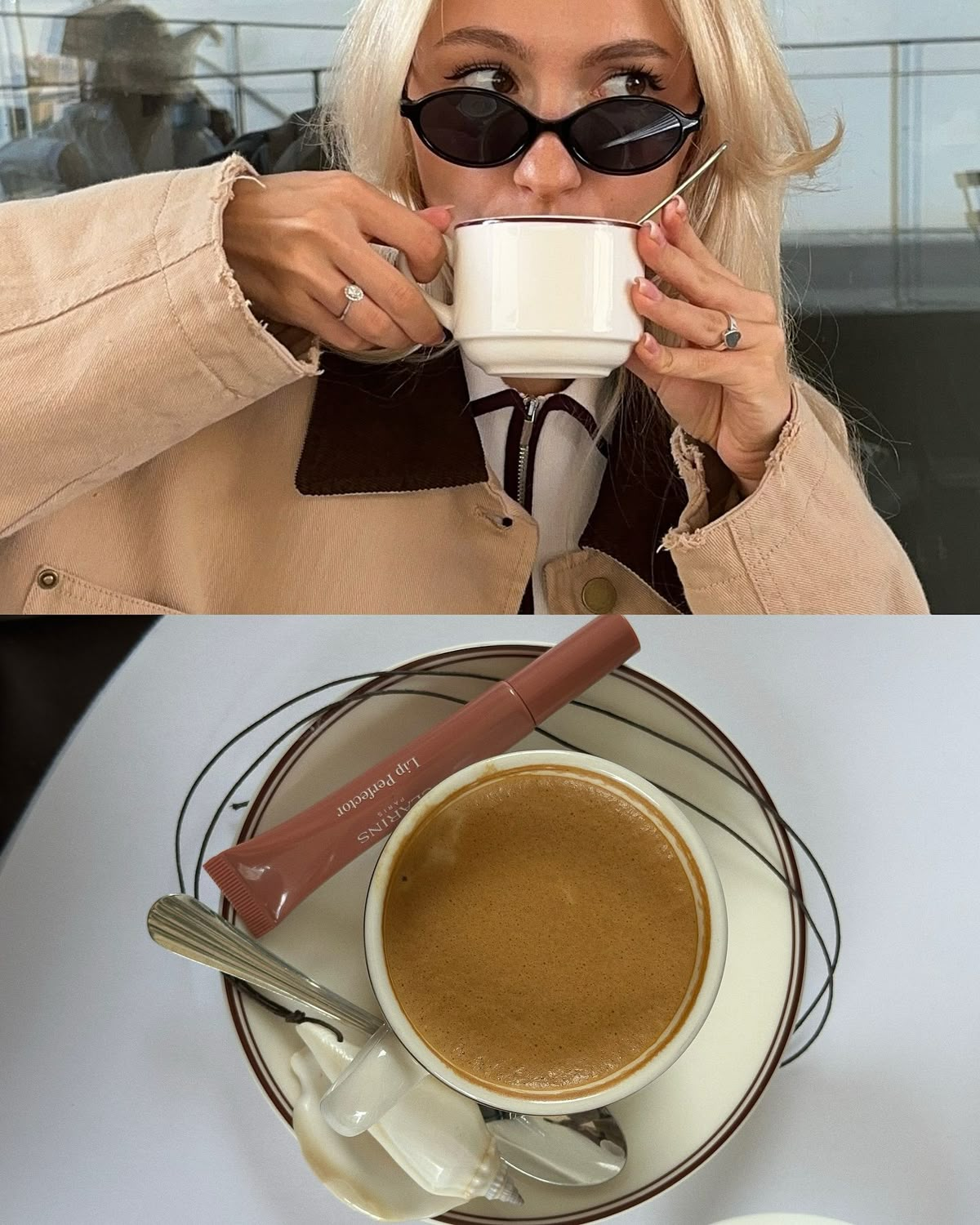
“Relatability” meets niche expertise
When you’re both doing something concrete (say, you’re an artist) and posting about your aesthetic, your day-job informs your influence. Brands like this because:
-
You speak with authority (you’re not just “lifestyle influencer” but have real behind-the-scenes credibility).
-
You have a network or community that’s likely aligned with your domain (e.g., creative industries, art lovers, culture-insiders).
-
Your voice is more distinctive. With the influencer world saturated, someone with a craft outside social media stands out.
For a brand this means tapping into a niche, often premium or culture-led audience, with more subtle influence. It’s less about “reach” and more about “resonance”.
Brands are shifting toward smaller, more engaged creators rather than mega-stars. For example, a report says that 87% of brands prefer micro-influencers in 2025, because they deliver higher engagement and authenticity.
Now imagine combining that micro-influencer model with someone who has a day-job (thereby adding niche credibility). You get a “best of both worlds”: smaller audience + strong authenticity + defined niche + professional credibility. That is gold for brands, especially those in luxury, culture, lifestyle, or creative sectors.
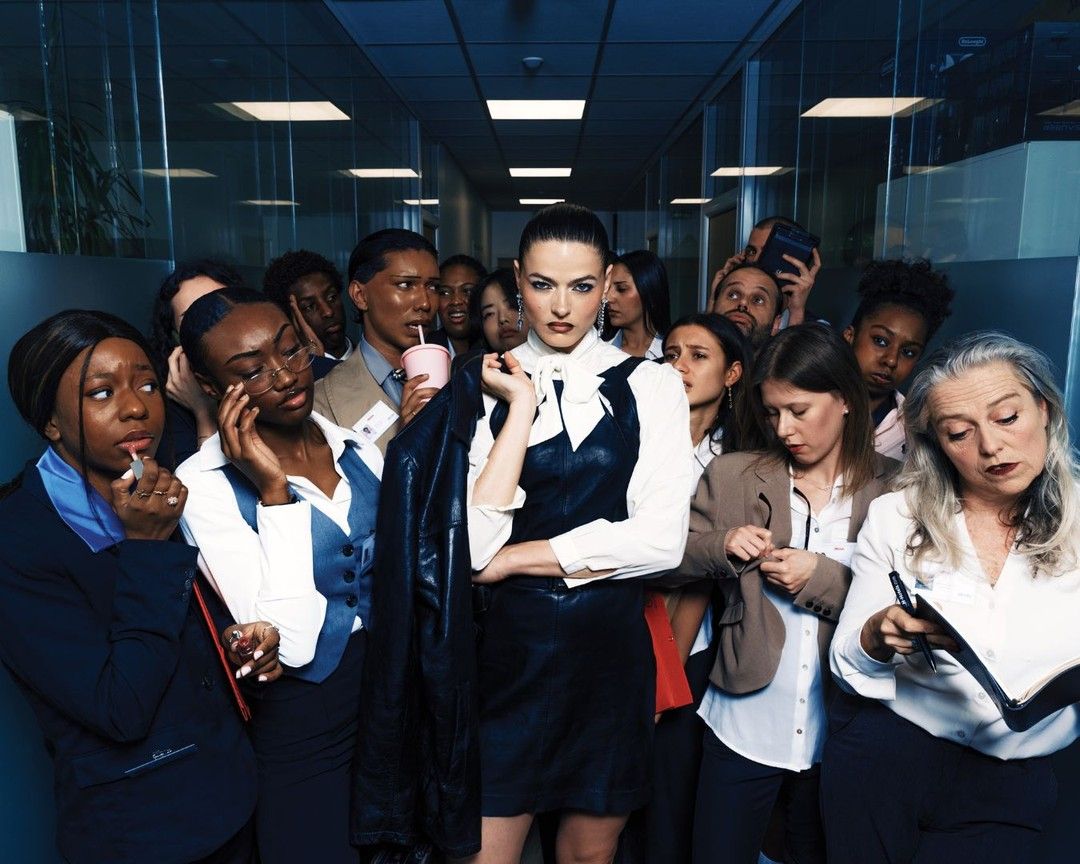
Why this matters now – the cultural moment
We’re in a phase of influencer fatigue. Audiences are sceptical of overly curated lives, perpetual sponsorships, and influencers who seem detached from “real life”. Brands are responding to that fatigue by valuing creators who are “grounded”.
Moreover, the pandemic and hybrid work have blurred lines between professional identity and personal brand. Many creators already have multiple hats. Brands recognising that intersection are ahead of the curve.
If you’re a creator with a legitimate practice, job or craft, you have a competitive advantage. Brands are increasingly seeking influencers with “day-jobs” because they feel real, they bring niche credibility, they deliver trust, and they help brands feel less like they’re buying likes and more like they’re forming meaningful cultural partnerships.
For more stories of art and culture, visit our dedicated archives and follow us on Instagram.

